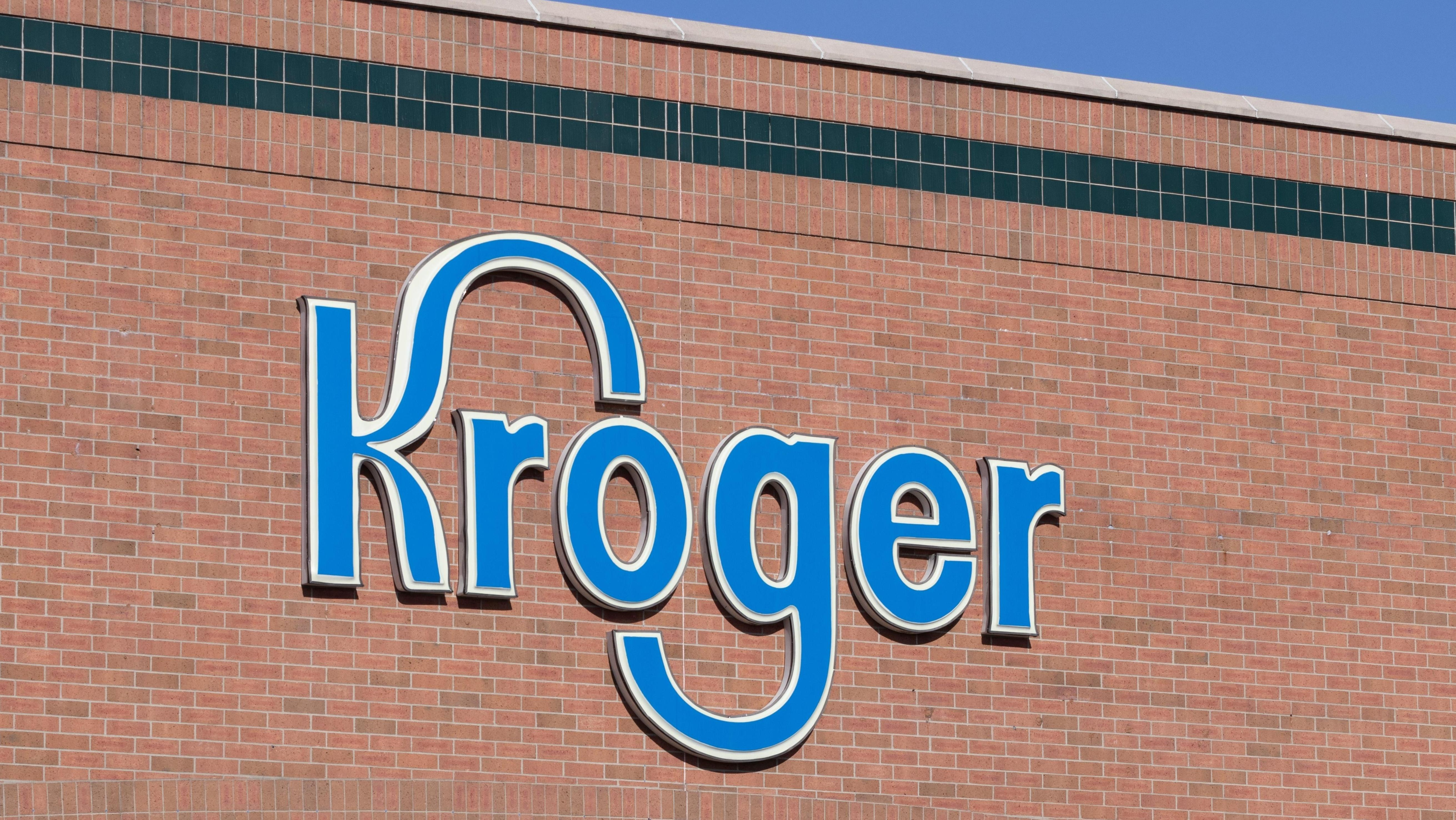This Is The Biggest Grocery Merger Ever, And It'll Change The Way We Shop
The multi-billion-dollar merger of Kroger and Albertsons could create a grocery store monster.
Two of the largest supermarket brands in the country are teaming up, and our local grocery stores may look a little different if the deal goes through. According to NPR, Kroger has purchased Albertsons for $24.6 billion, a move that combines the two largest standalone grocery store chains in the US. The merger will put the companies on the tail of Walmart, which leads as a retailer with groceries, but the wide gap it will leave behind could lead to higher grocery prices across the board.
Grocery stores affected by the Albertsons-Kroger merger
In Chicago, this news is hitting hard, because it means two of the most prominent grocery chains in the city will become part of the same family: Jewel (Albertsons), a long beloved regional brand, and Mariano's (Kroger), a newer, smaller chain that is known for being slightly higher end with in-store bars and even an in-store pianist at certain locations. It has not yet been announced whether both of these chains will continue to exist as usual, but it can be expected that some kind of combination or elimination of stores is possible, especially in neighborhoods where both stores are located near each other.
Because Kroger and Albertsons are two of the nation's largest grocery companies, many regional stores may be affected. Among them are:
- Bakers
- City Market
- Fred Meyer
- Gerbes
- Harris Teeter
- King Soopers
- Ralphs
- Safeway
- Shaw's
- Tom Thumb
- Vons
In total, both Kroger and Albertsons and their affiliated brands encompass around 6,000 stores across the country, according to NPR, and in parts of the country where there's overlap, this could result in spinning off up to 375 stores into a separate company.
What could stop the merger of Albertsons and Kroger
Because of the prominence of both brands, the Federal Trade Commission is looking closely at the deal to ensure that the lack of grocery store competition doesn't put an undue financial burden on shoppers.
Bloomberg Law reports that when Albertsons and Safeway Inc. merged back in 2015, part of the deal was divesting in 168 stores. However, in that case, Albertsons ended up buying back several of those stores within the year after the new holding company went bankrupt, something that was frowned upon by current FTC chair Lina Khan. That instance will, in theory, cause the FTC to keep a closer eye on this deal and ensure that something similar doesn't happen with the 375 planned spinoff stores. Kroger CEO Rodney McMullen told Reuters that it's important to the company that those stores thrive as strong businesses to keep competition alive.
How the Albertsons-Kroger merger could affect grocery prices
The FTC's biggest concern, one that should be of concern to shoppers, is that without competition, grocery prices will rise unchecked. This can affect the entire industry: Suppliers will eventually charge more across the board, meaning that even if you prefer to shop at your local market for a good deal, eventually those high costs will trickle down to wherever you're shopping. Either that, or supply could be limited because of one mega-brand dominating the market. But Kroger has also promised in a statement that it will reinvest half a billion dollars into cost-saving measures for customers and, in that same statement, said that $1 billion from the merger deal will go toward raising employee wages and benefits.
Only time will tell what this grocery behemoth will actually look like at ground level. Once the FTC approves the merger it will still be a while before the companies restructure and rebrand physical grocery locations. But one thing's for sure: We all better get used to Kroger brand products, because they're soon to be everywhere.
